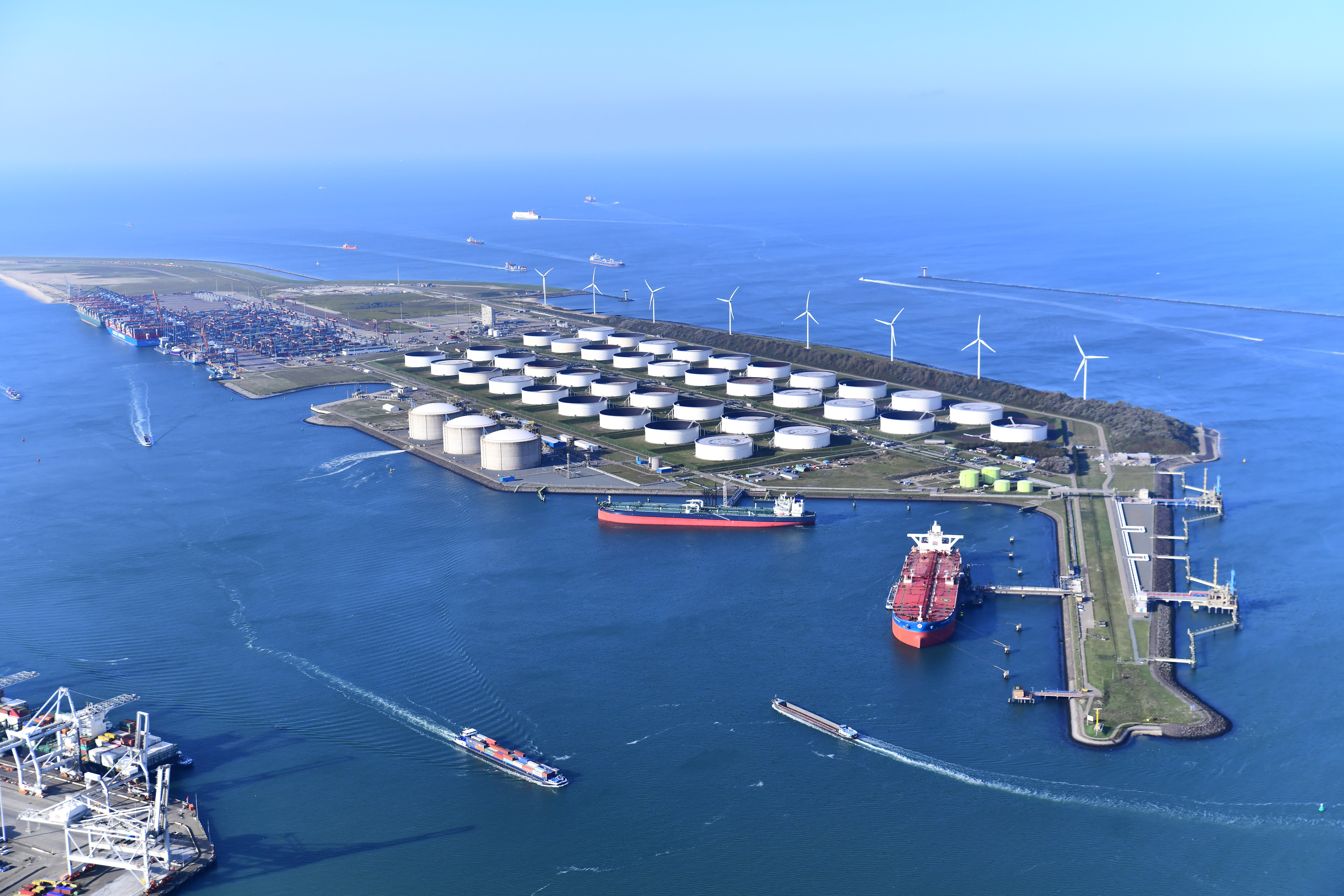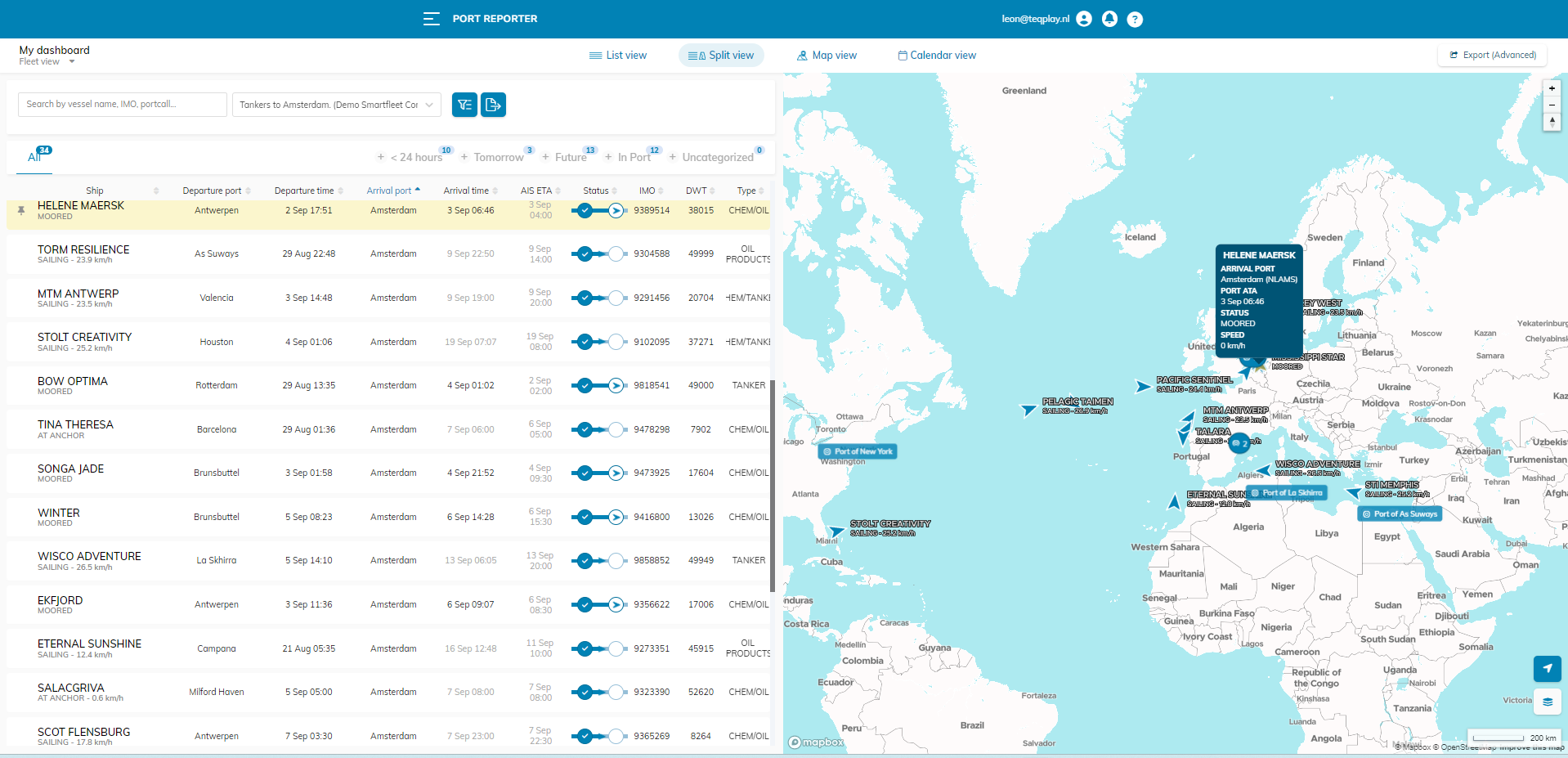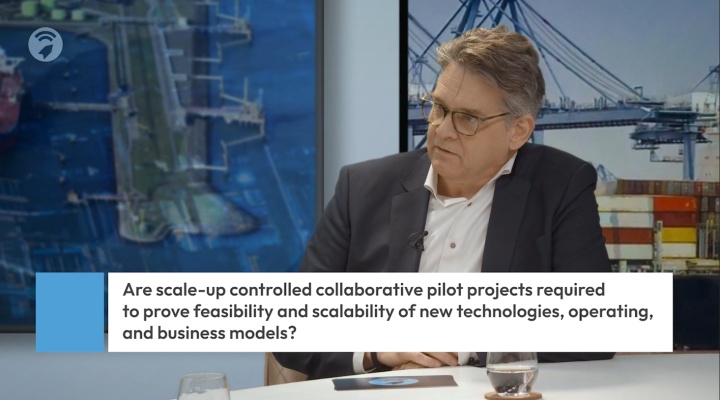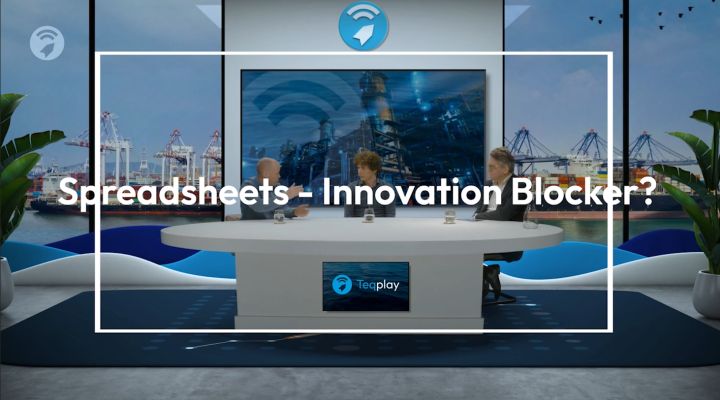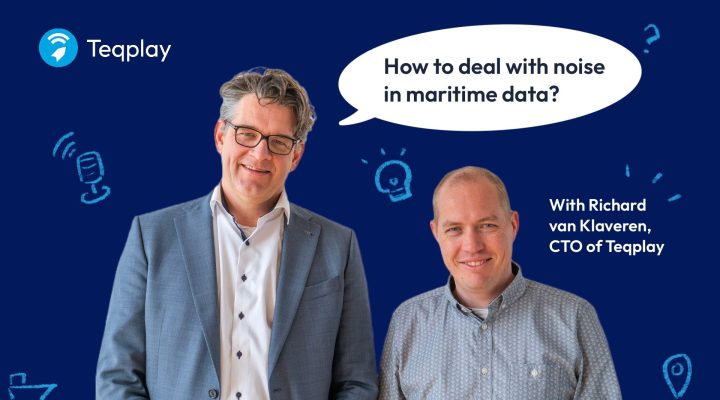
How to deal with noise in maritime data?
Learn how to manage and filter noise in maritime data to ensure accurate insights. Discover techniques for identifying irrelevant and unwanted data, detecting sensor errors, and leveraging technology to maintain data quality.

